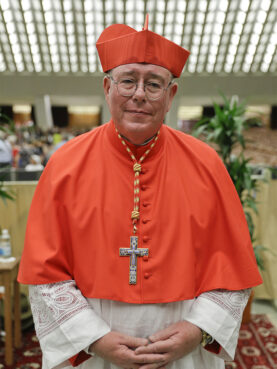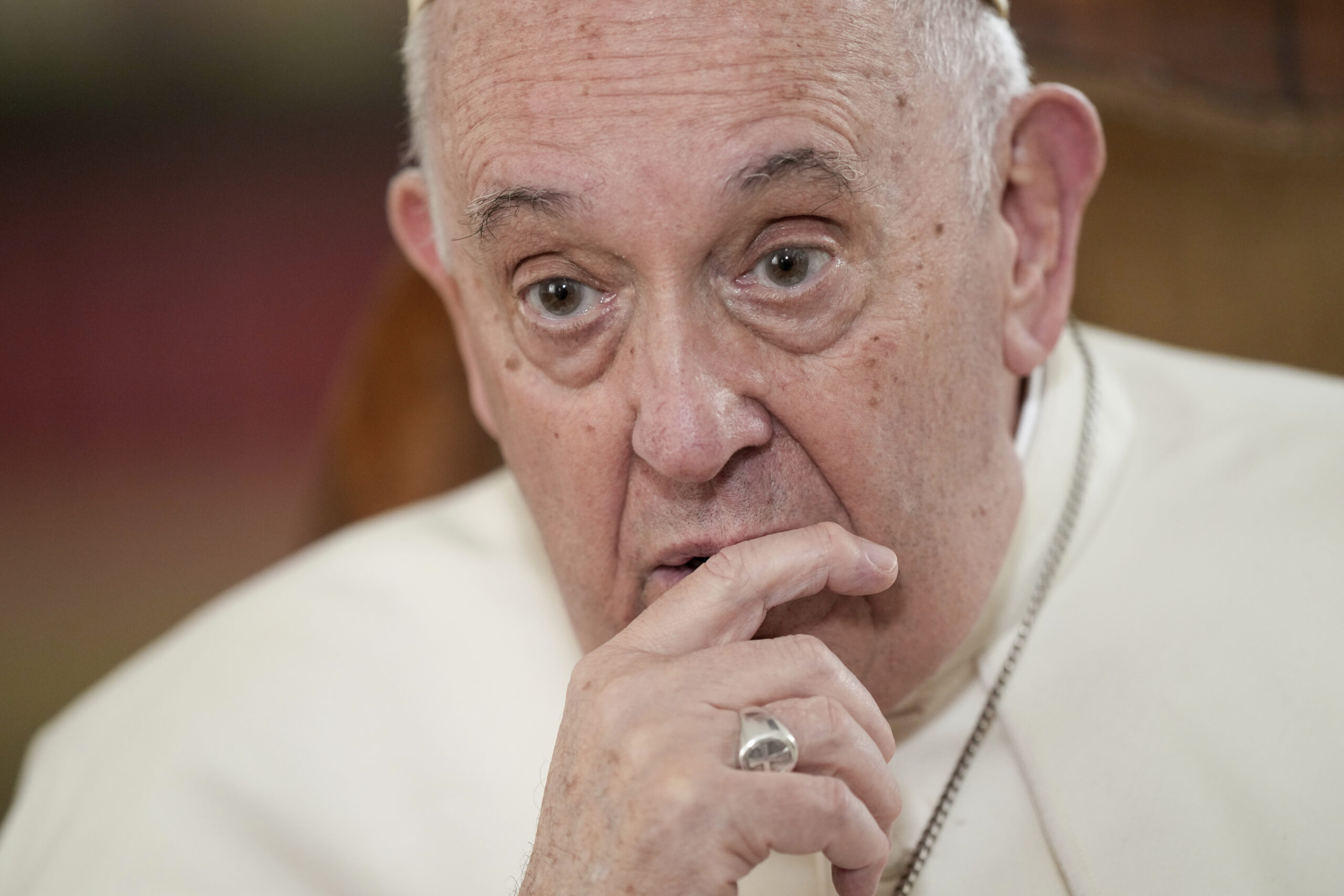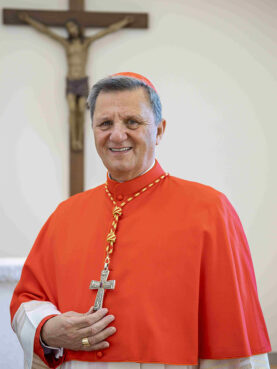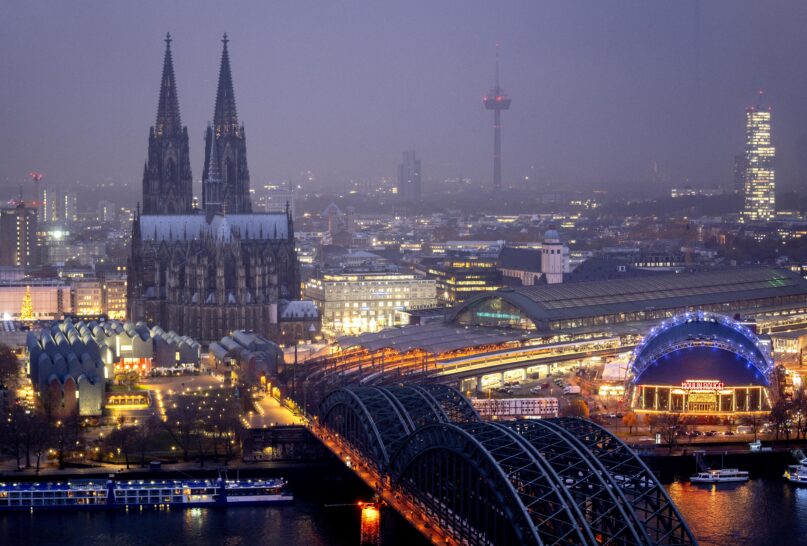ROME (RNS) — The Vatican officials heading up the Synod on Synodality issued a stern reminder to the world’s bishops that they are called to listen to their flock, rather than jump to conclusions or impose their own agendas.
“There are in fact some who presume to already know what the conclusions of the Synodal Assembly will be. Others would like to impose an agenda on the synod, with the intention of steering the discussion and determining its outcome,” said a letter released by the Vatican Monday (Jan. 30) in seven languages and signed by Cardinal Mario Grech, secretary general of the General Secretariat for the Synod, and Cardinal Jean Claude Hollerich of Luxemburg, relator general of the synod.
The letter, sent as discussions begin in the so-called “continental phase” of the Synod on Synodality, a worldwide consultation on the challenges facing the church, urged the world’s bishops to remember that it is “not the task of the assembly to address all the issues being debated in the church.”
The “sole theme that we are called to explore,” wrote the cardinals, is the theme of the synod: “For a Synodal Church: communion, participation, mission.”

Cardinal Jean Claude Hollerich at the Vatican, Saturday, Oct. 5, 2019. (AP Photo/Andrew Medichini)
The synod, which includes a consultation of Catholics around the world, began with an invitation at the parish and diocesan level for people to voice their concerns and ideas in person and online.
Starting in February, continental assemblies around the world will meet to discuss the issues raised during those conversations, including the ordination of women, the need to adapt church doctrine on sexuality and the fight against clergy sex abuse.
Although the letter sent by Cardinals Grech and Hollerich was addressed to Catholic bishops across the globe, the mention of some who “would like to impose an agenda” seemingly alludes to warnings issued both by Pope Francis and other leaders to the bishops of Germany who are embarking on their own “Synodal Path.”
This “Synodal Path” was launched in 2019 as a response to the sexual abuse crisis in Germany and has since approved draft documents supporting changes to the Catholic Church’s teachings on homosexuality, the end of celibacy requirements for priests, and the ordination of women as priests and deacons.
In an interview with the Associated Press published Jan. 25, Francis said the German bishops’ approach to synodality “does not help.”
Furthermore, he criticized the German “Synodal Path,” and said it was led by the “elite” and has not taken into consideration all voices in the local church.
“Here the danger is that something very, very ideological trickles in. When ideology gets involved in church processes, the Holy Spirit goes home, because ideology overcomes the Holy Spirit,” the pope told AP.

Pope Francis speaks during an interview with The Associated Press at the Vatican, Tuesday, Jan. 24, 2023. (AP Photo/Andrew Medichini)
In their letter, Cardinals Grech and Hollerich warned that “those who claim to impose any one theme on the synod forget the logic that governs the synod process.”
“We are called to chart a ‘common course,’ beginning with the contribution of all,” the cardinals said.
The letter also stated that the Working Document for the Continental Stage, or DCS, which summarized the concerns brought up during the diocesan phase, does “not constitute the agenda of the next assembly of the Synod of Bishops.”
Instead, the document provides a much-needed “glimpse of the face of a church that is learning to listen to the Spirit through listening to one another.”

Cardinal Mario Grech. Photo courtesy of Diocese of Gozo/Wikipedia/Creative Commons
“It will be the task of the continental assemblies, based on the common concerns elicited in each particular church through its reading of the DCS, to identify the priorities, recurring themes and calls to action that can be shared with other local churches around the world and discussed during the first session of the Synodal Assembly in October 2023,” the cardinals said.
Shortly after the letter was published, Cardinal Grech told Vatican News that it was important to remind bishops of their role since theirs is “a fundamental ministry for the church.”
“There is no synod without a bishop because bishops have been entrusted not by the church, but by the Lord to guide, to shepherd their flock,” Cardinal Grech said. “And so the bishops, in communion among themselves — so collegiality — and in communion with Peter, are those who can really guarantee that the discernment carried out by the People of God is correct.”





